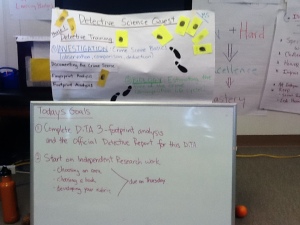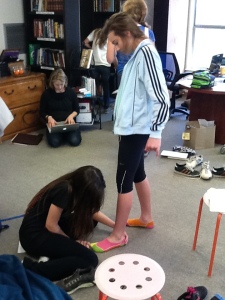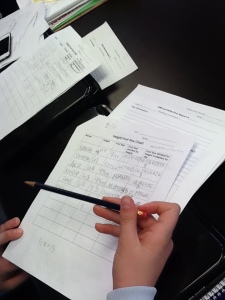Learn math; forget math; learn math again.
Most of us learned math in school for a test; forgot the math; and learned it again when we had to use it in the real world.
Our first efforts weren’t wasted. Modern neuroscience suggests our early work was laying down pathways that made math easier to learn the second time.
Our experiences at Acton Academy are crystal clear on one count: there’s no more need for traditional math teachers. With game based adaptive programs like Khan Academy; Dreambox; ST Math and Manga High, students can learn math on their own and teach it to each other much more efficiently and effectively than with a traditional math teacher. Plus, Eagles can move at their own pace and have a lot more fun.
Perhaps even more importantly, a 70% score isn’t “passing;” in fact, even a 90% score won’t do. You have to work on a math subject until you master it, before moving on.
But let’s not kid ourselves, In time, this mastery will fade unless the skill is used repeatedly in the real world, in a way that matters. Only those neurological pathways will remain, waiting to be reactivated.
At Acton Academy, we try to put math skills to use as soon as possible. Today, Eagles worked to gather measurements from shoe impressions from a crime scene; sample the heights and shoe sizes of classmates; and use probabilities and ratios to predict the height of a possible suspect in the Detective Quest. In doing so, they had to create their own approaches and formulas – some admittedly a little complex and convoluted, but in the end all coming to the same answer.
Will our Eagles forget this math too? Surely. But they are less likely to forget the logic, reasoning and teamwork that was required to use the math to solve a real world problem.
This means our Eagles will want to learn more and more math and to put it to use, every repetition preparing another neural pathway, until the habits of math and science are deeply imbedded.


